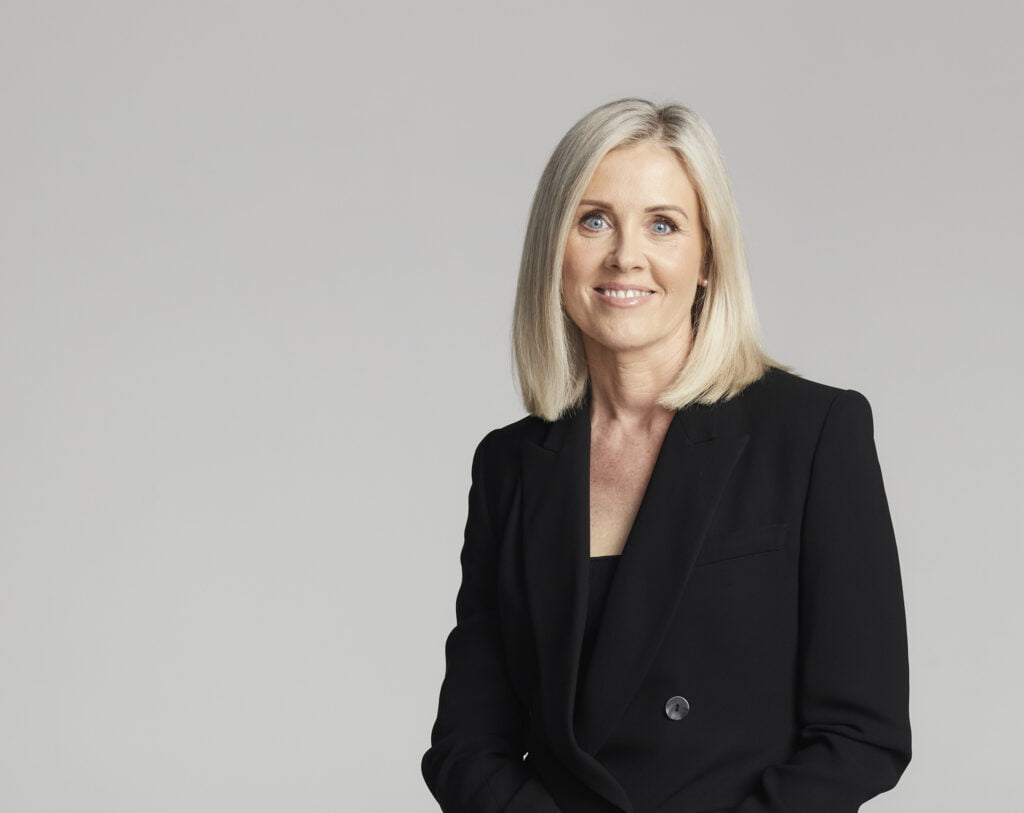- Home
- Stronger Together
- Support & Wellbeing
- Disability & NDIS
- Mental Health
- Families & Parenting
- Support for Individuals
- Community Health
- Employment & Training
- About Us
- About us
- Get Involved
- Governance
- Social Enterprises
"STRONGER TOGETHER" is a weekly column where Tanya explores key issues. This week Tanya discusses self diagnosis and the dangers of social media influencers.
By IMPACT Community Services Managing Director Tanya O'Shea
Generally, when people experience pain, they seek out medical advice. Unfortunately, in Australia we do not have enough GPs and mental health professionals to assist more than 26 million people, who at any given time, may be experiencing individual health care issues and needs.

Current wait times for appointments with psychologists and other mental health professionals can be more than eight weeks. It’s not surprising that people are turning to Google and social media platforms, like Tik Tok, to self-diagnose symptoms associated with physical and mental health.
Sometimes, the self-diagnosis provides additional information that reduces unnecessary stress. Other times, it can leave us feeling more perplexed and anxious than when we started. The real concern is when people with previously undiagnosed mental health conditions are relying on information from uncredentialed sources to diagnose or form an opinion about their own or others’ symptoms.
Knowledge is power and I commend people for doing their own research and raising their awareness about mental health. Along the way, however, people have recognised social media as an opportunity to do more than share information and experience.
This is particularly relevant with young people, where uncredentialed influencers are using it as an opportunity to make money, which can, at times, come at the expense of providing quality, peer to peer content.
Some things to consider:
I applaud people taking proactive steps to research and seek out information. Unfortunately, however, we have a new wave of young people claiming to have a range of conditions based on content being shared by TikTok influencers – people who are being incentivised to be vulnerable and highlight unpleasant moments.
Peer to peer support is incredibly powerful, yet we must critically evaluate the credibility and the motivation of the source. And above all, never use the information to make a self-diagnosis and instead seek out appropriate medical advice for all symptoms.
If this topic has raised concerns for you please visit our Mental Health page or contact us during office hours on free-call 1800 179 233
How to report a DFV incident Visit Police Website, CLICK HERE or for all other domestic violence related matters, phone Policelink on 131 444, 24 hours, 7 days a week .